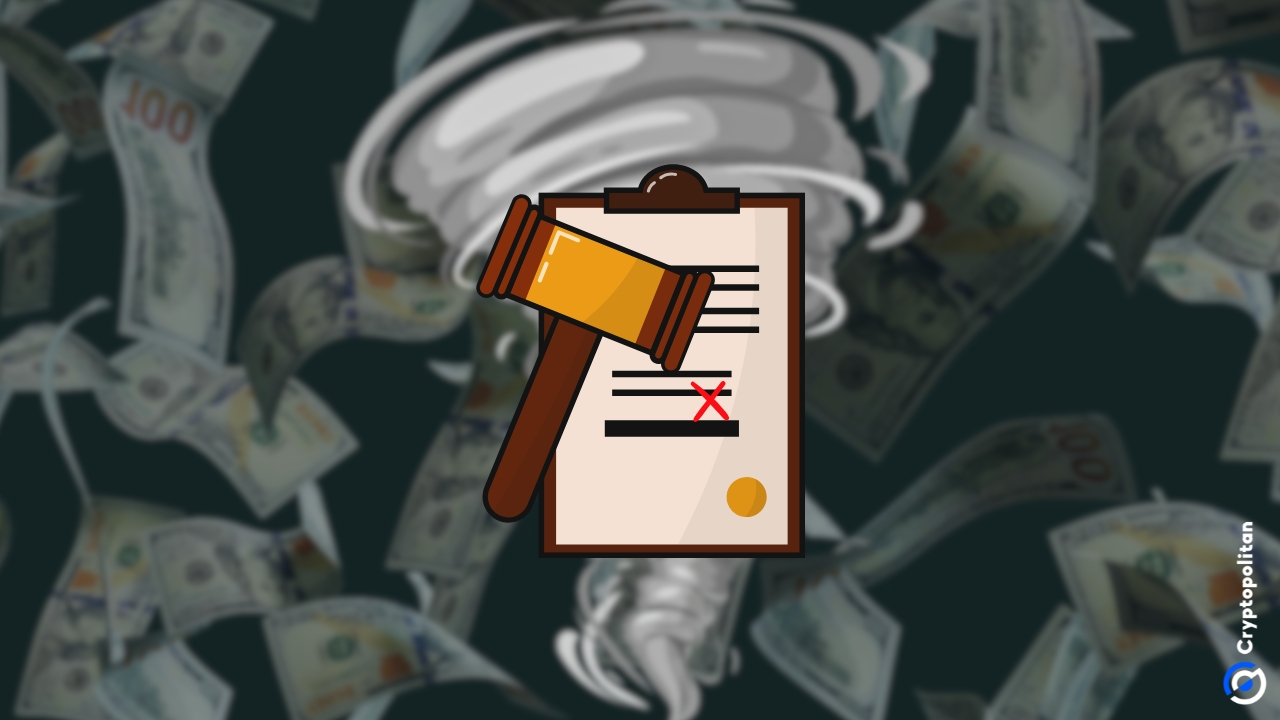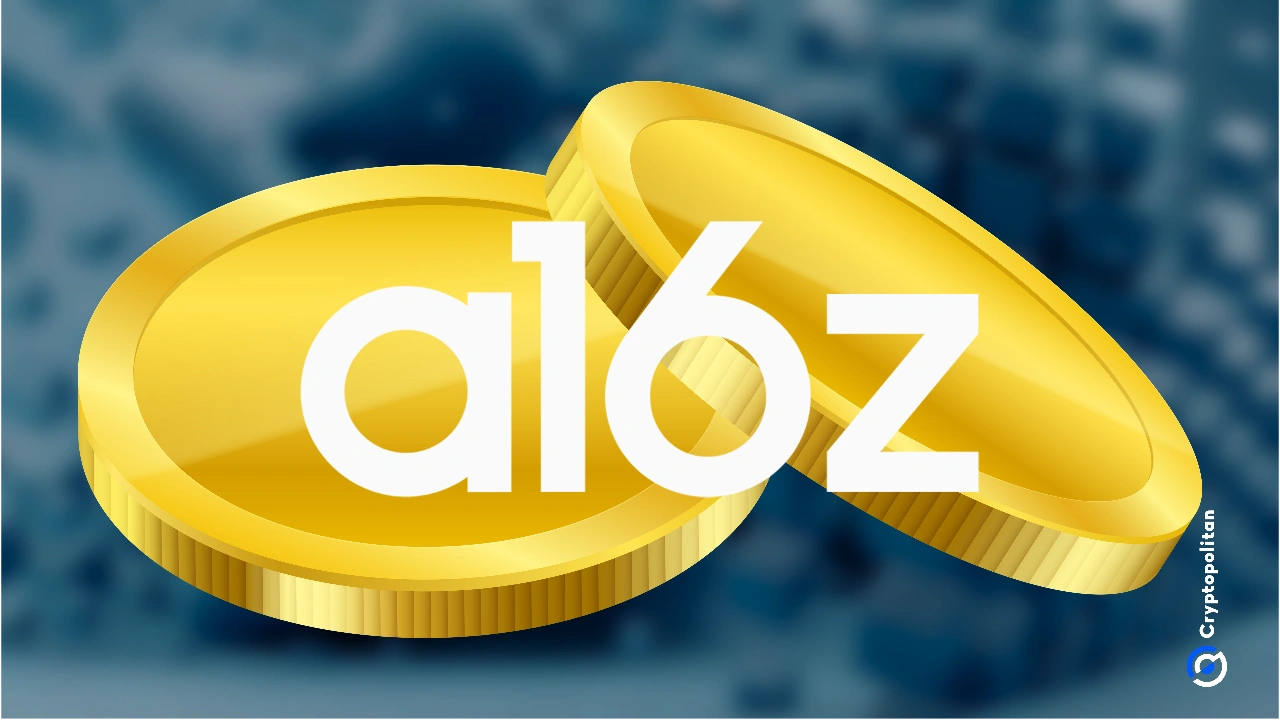The crypto sector has registered another big win after the U.S. Fifth Circuit Court ruled on Tuesday that the Treasury overstepped by sanctioning Tornado Cash’s immutable smart contracts. The court ruled that the autonomous software cannot be classified as property.
The three-judge panel overseeing the case ruled on November 26th that the smart contracts are immutable and thus not owned or controlled as property by any entity or person under the International Emergency Economic Powers Act (IEEPA).
According to the judges, smart contracts cannot be classified as property subject to sanctions under existing regulations. The court found the Treasury’s sanctions against the crypto mixer unlawful and that they overstepped their congressionally defined authority.
Three-judge panel rules OFAC exceeded its authority in sanctioning Tornado Cash
1/ Today, the U.S. Court of Appeals for the Fifth Circuit ruled in the Tornado Cash case brought by users of the software (Van Loon v. Treasury), finding “immutable smart contracts (lines of privacy-enabling software code) are not the ‘property’ of a foreign national or entity.” https://t.co/G0vkoYzt8O
— Blockchain Association (@BlockchainAssn) November 27, 2024
The panel said the Office of Foreign Assets Control (OFAC) exceeded its authority in sanctioning Tornado Cash’s immutable smart contracts. It reversed a lower court’s decision granting the platform’s users a partial summary judgment.
Bill Hughes, a lawyer at Consensys, issued a detailed summary of the court’s ruling, indicating that the immutable smart contracts are nothing more than lines of code. Hughes also wrote that smart contracts are less like a “service” and more like a tool that is used in performing a service.
Hughes said the case will now proceed to the district court and emphasized that the new court judgment does not affect the crypto mixer’s blocked status.
“District court is handed back the case, with the idea that it has to decide the merits again while applying the law as the Fifth Circuit now says it applies, i.e., that the immutable contracts can’t be added to the sanctions list. It probably changes nothing else with TornadoCash being otherwise designated as blocked.”
– Bill Hughes
Paul Grewal, Coinbase’s Chief Legal Officer, wrote that the decision to block open source technology because of a small number of its malicious users is not what the U.S. Congress authorized.
Tornado Cash sanctioned by the U.S. Treasury for money laundering allegations
Tornado Cash found itself in the jaws of regulators in 2022 after the U.S. Treasury sanctioned the protocol. The Treasury alleged that the protocol laundered more than $7 billion worth of digital assets between 2019 and 2022. The U.S. Treasury published a public statement saying that crypto mixers that facilitate criminal activities threaten U.S. national security.
The United States Treasury Department added more than 40 crypto wallet addresses allegedly connected to Tornado Cash to the Specially Designated Nationals list of the Office of Foreign Asset Control (OFAC).
However, six Tornado Cash users, led by Joseph Van Loon, sued the Treasury with the support of Coinbase. The plaintiff claimed that the Treasury’s addition of 44 Tornado Cash smart contract addresses to the Specially Designated Nationals (SDN) list was not in accordance with the law.
In October, U.S.-based crypto policy advocacy group Coin Center filed a lawsuit against OFAC for sanctioning the crypto mixer. However, a Texas federal court judge ruled in favor of the U.S. Treasury that Tornado Cash was “an entity that may be subject to OFAC regulations. The plaintiffs appealed the judge’s decision and extended the case.
A Step-By-Step System To Launching Your Web3 Career and Landing High-Paying Crypto Jobs in 90 Days.





